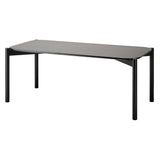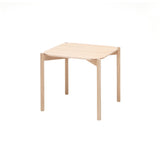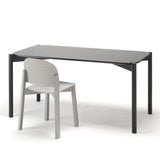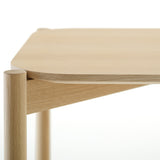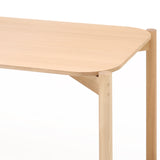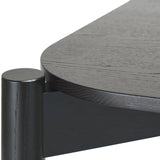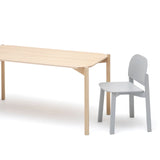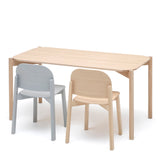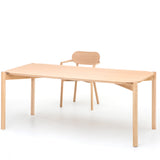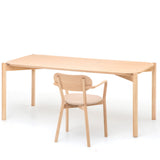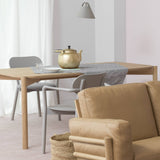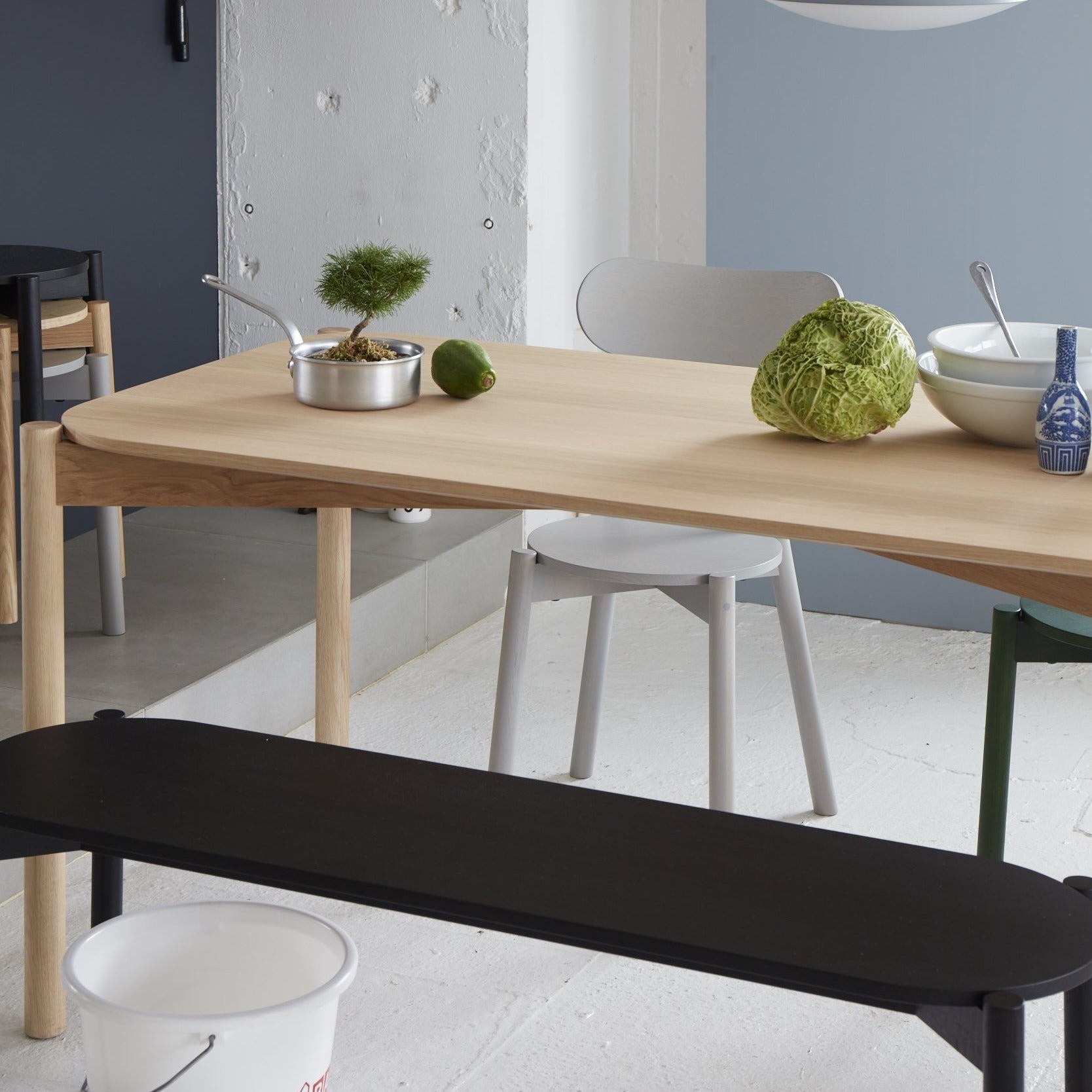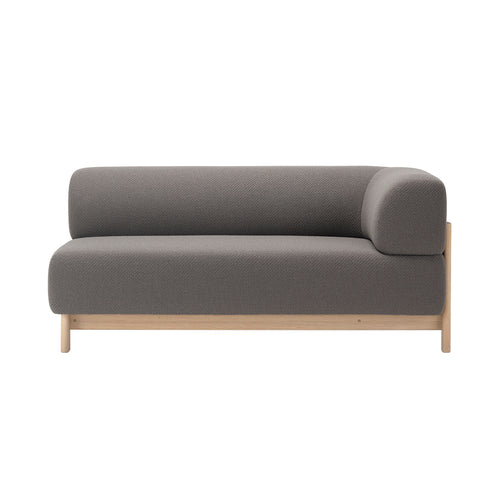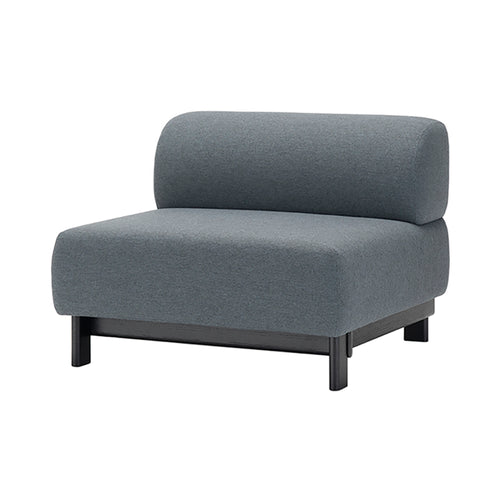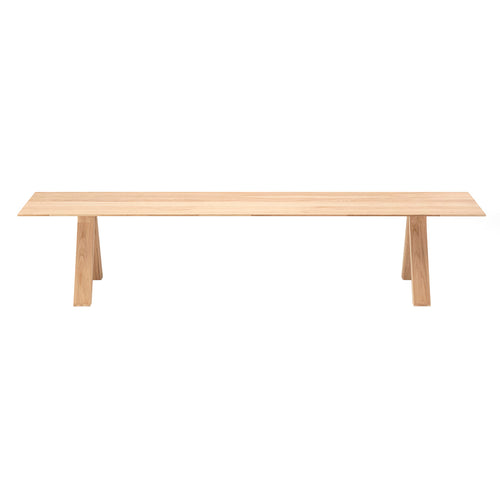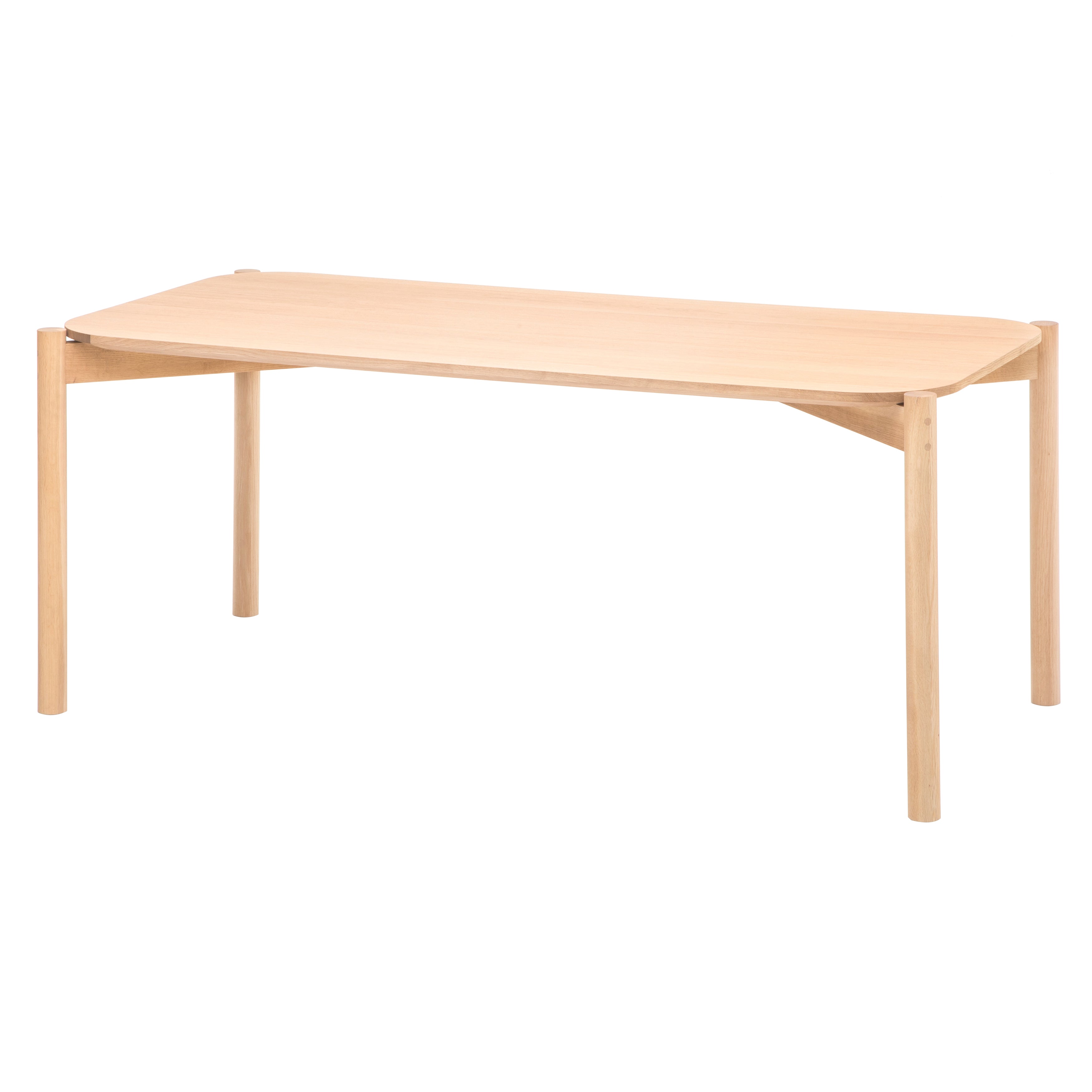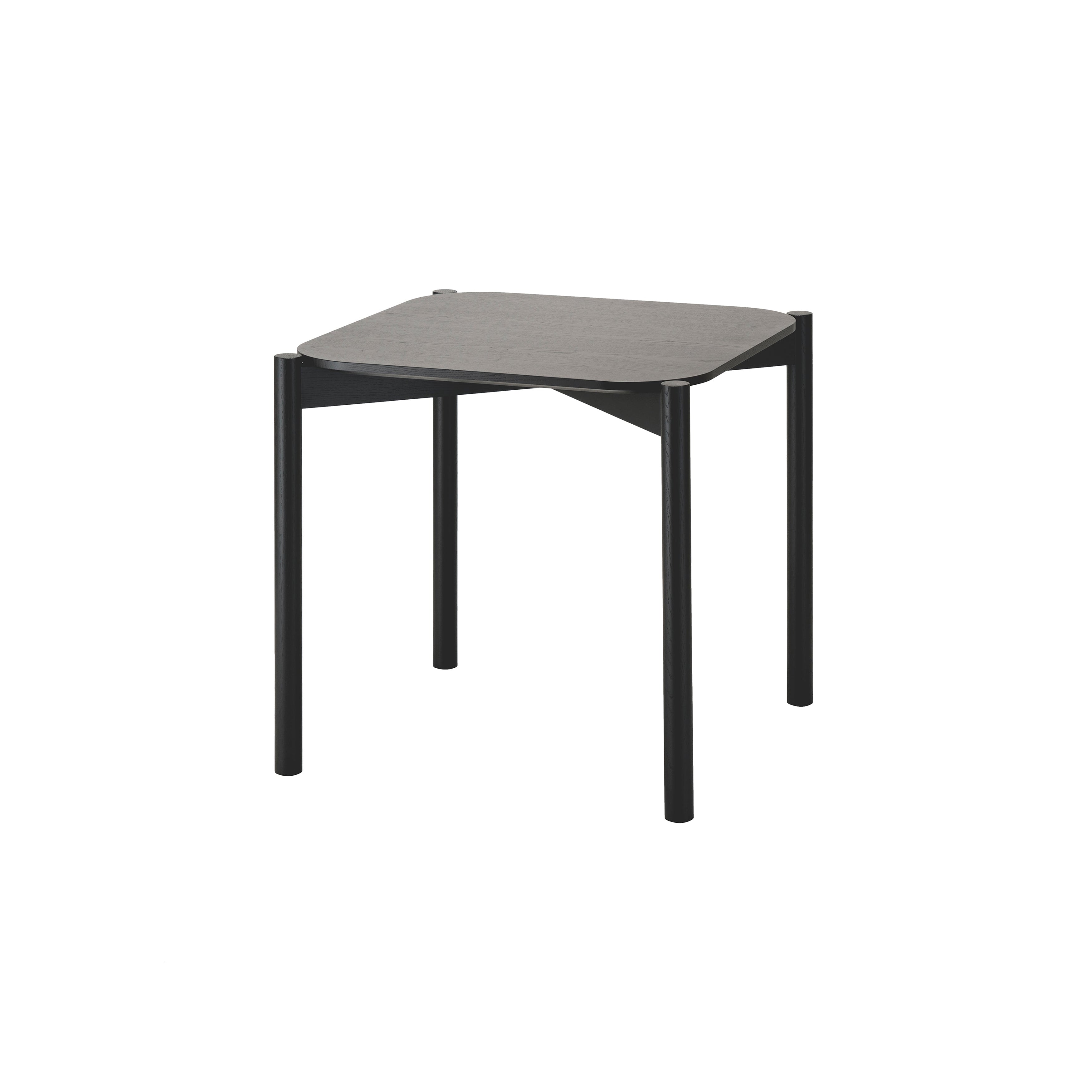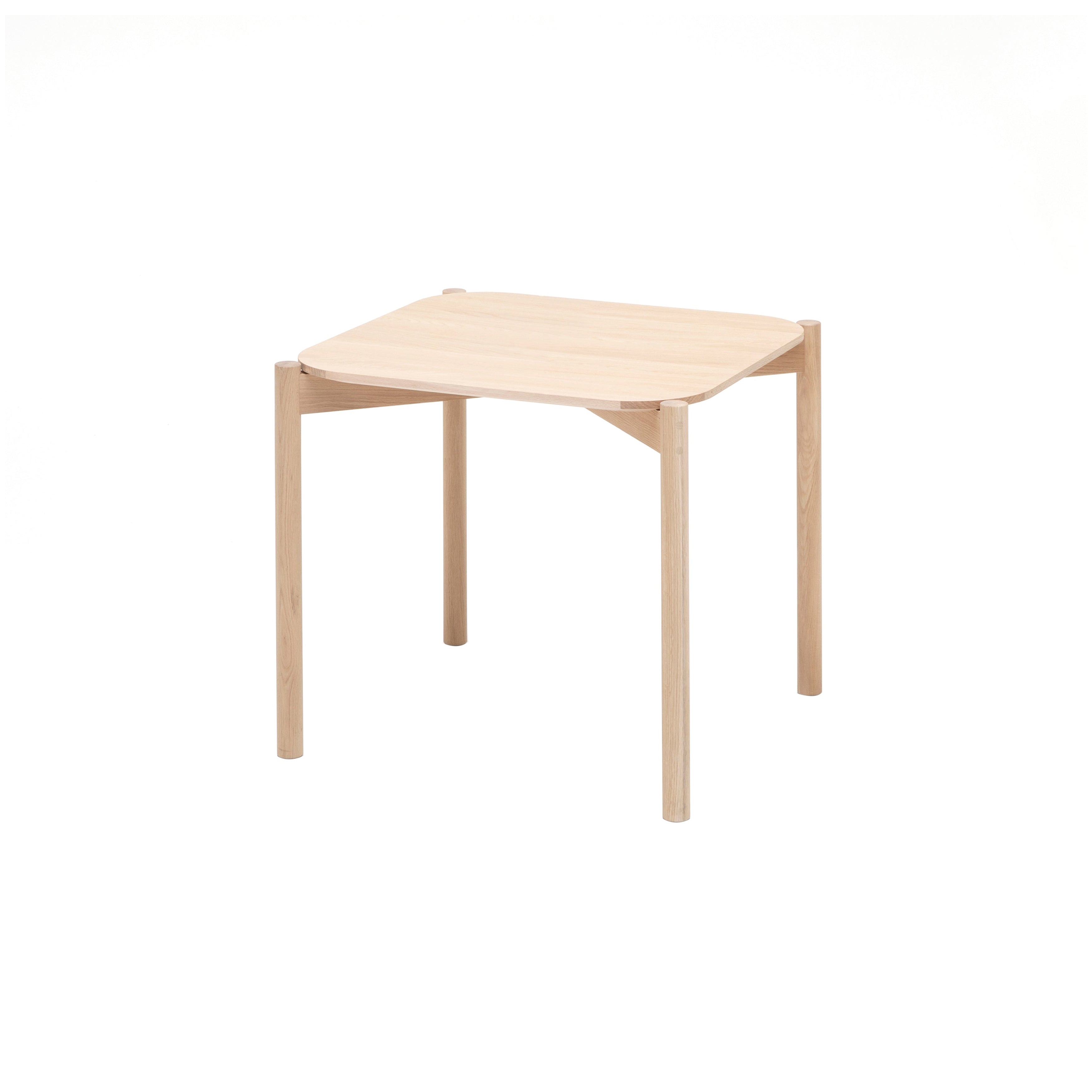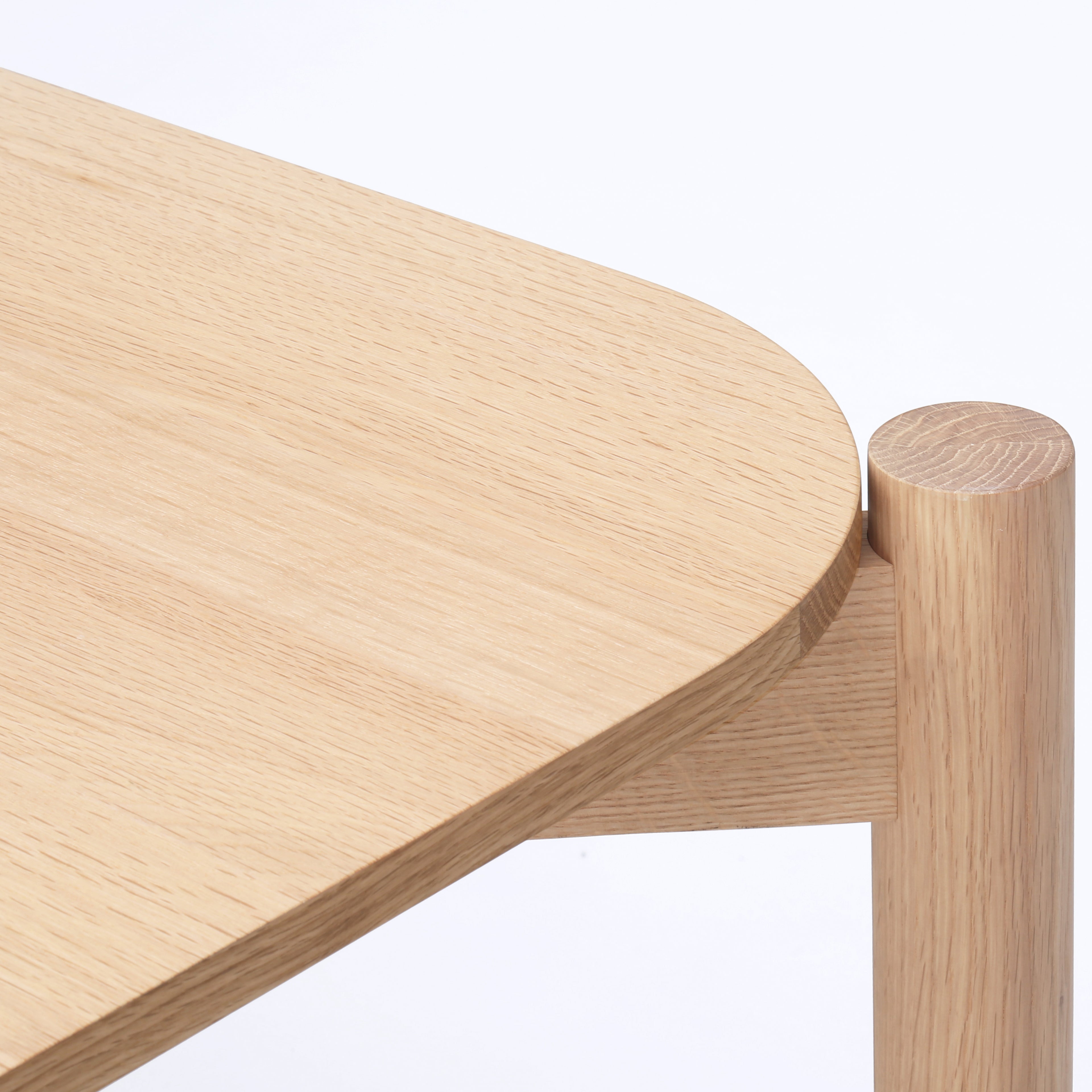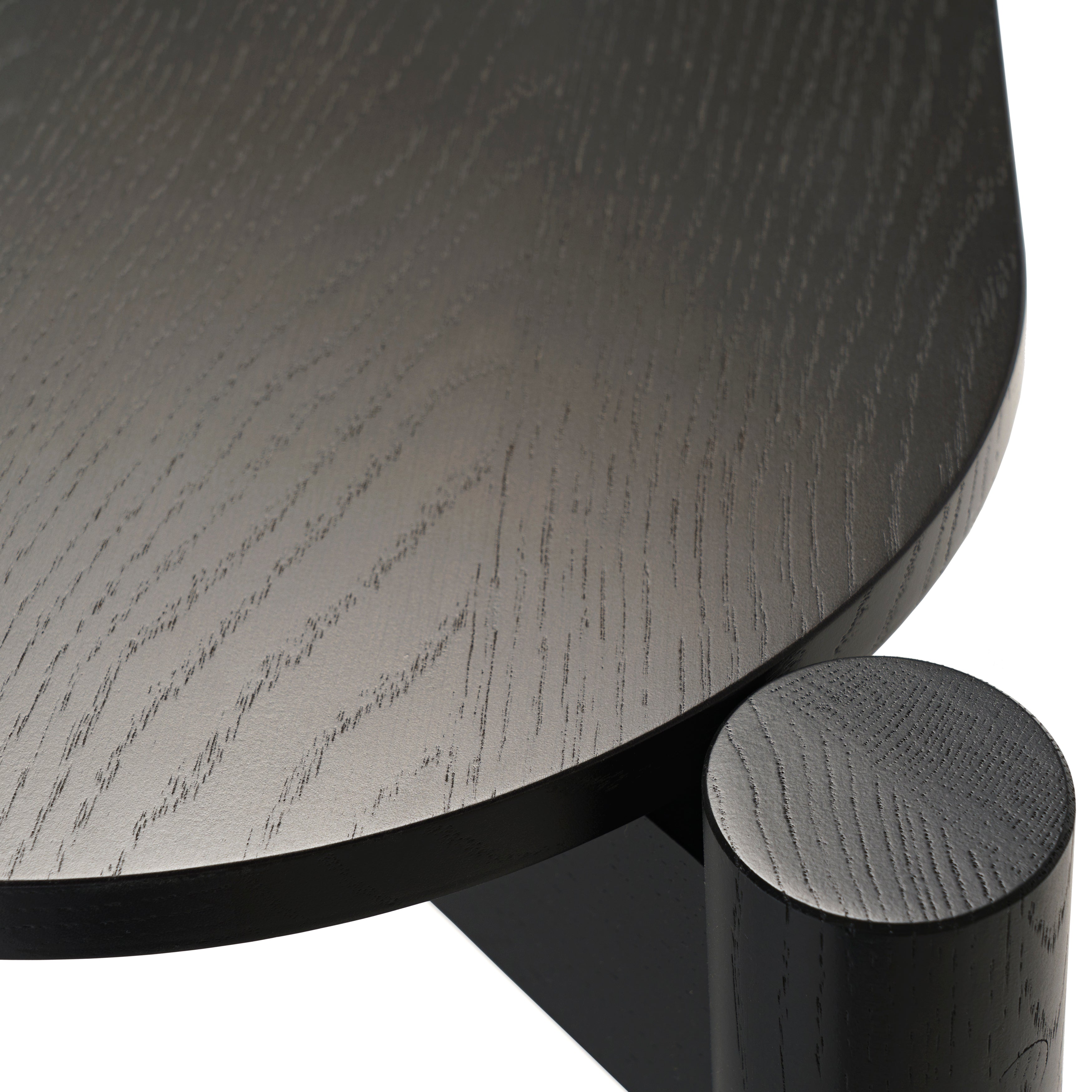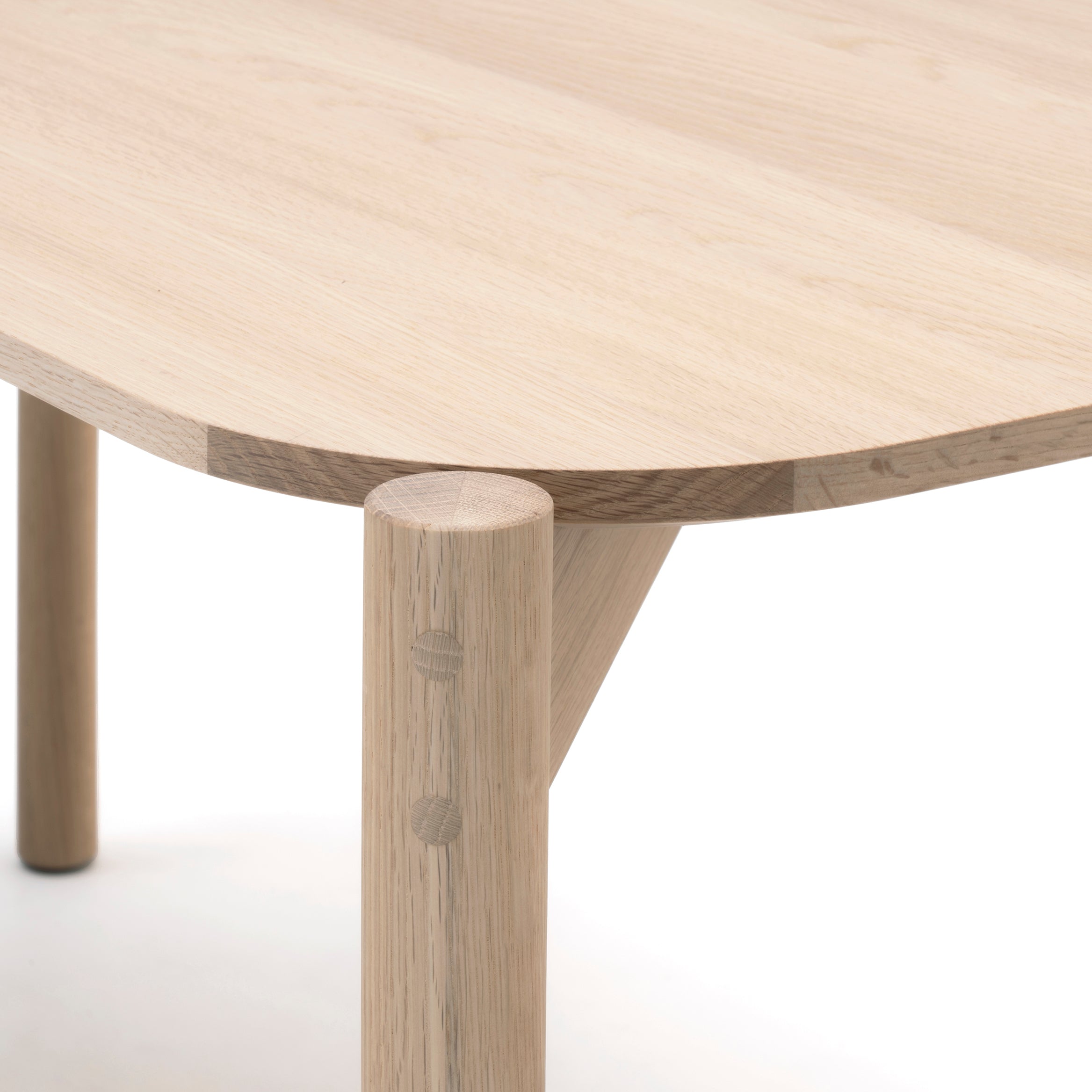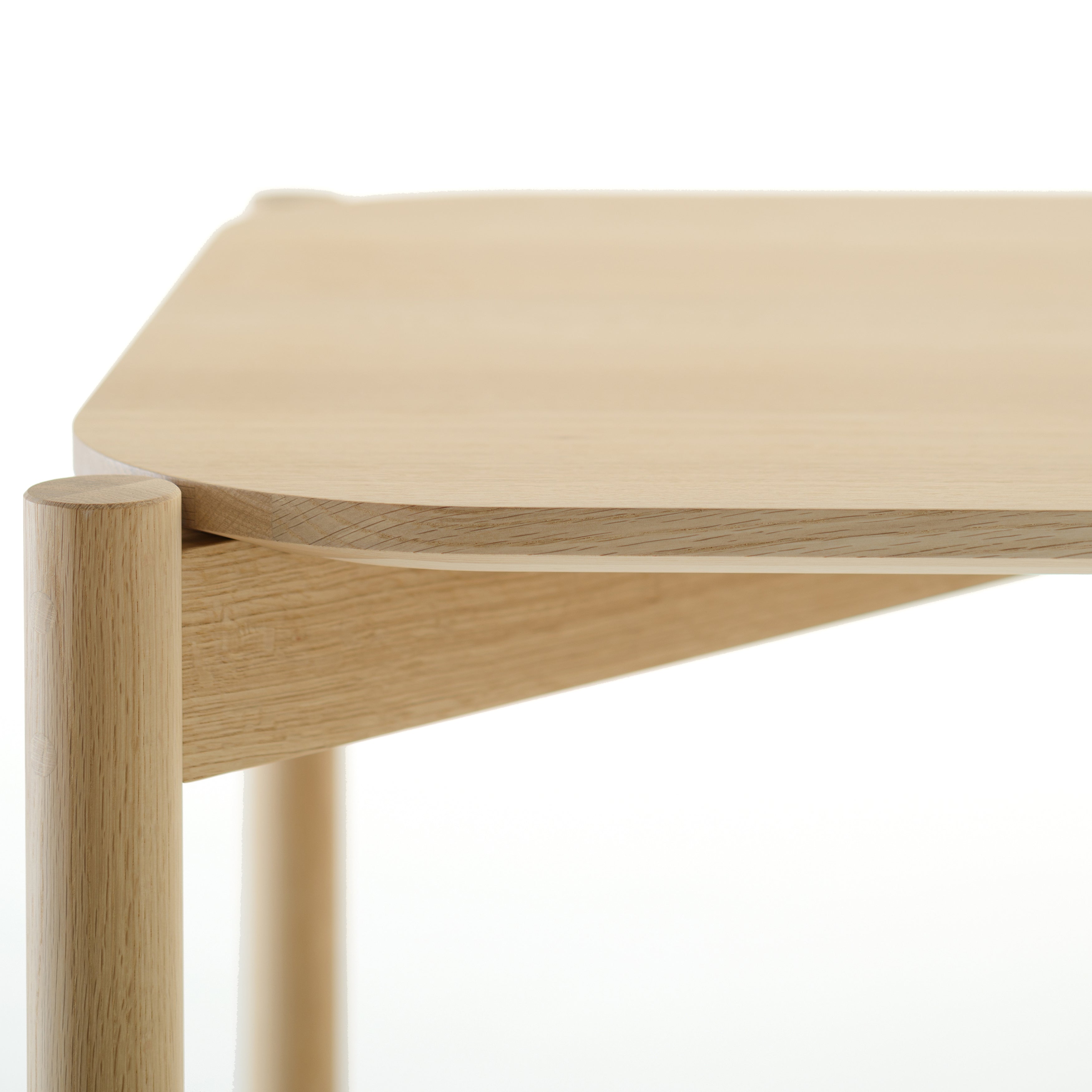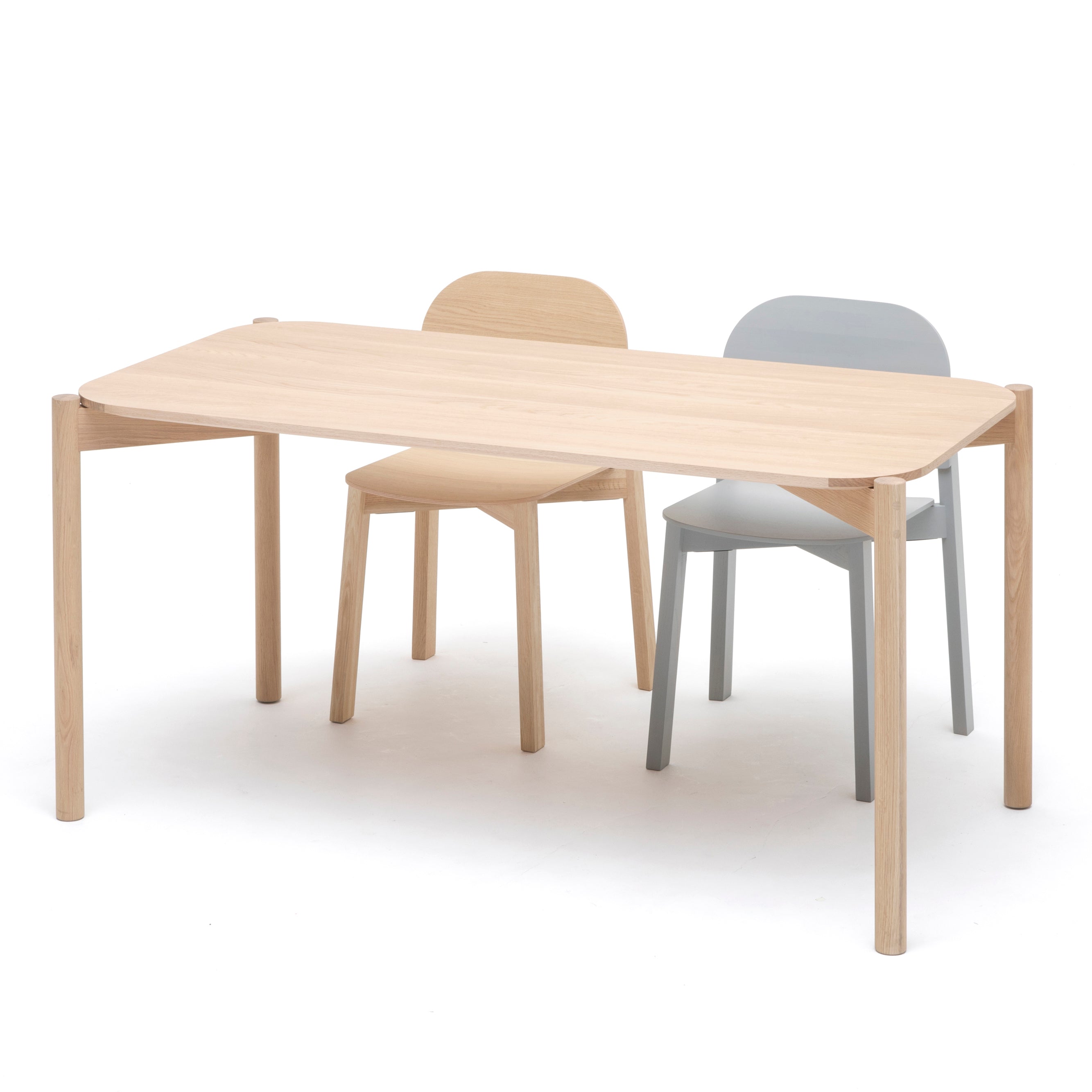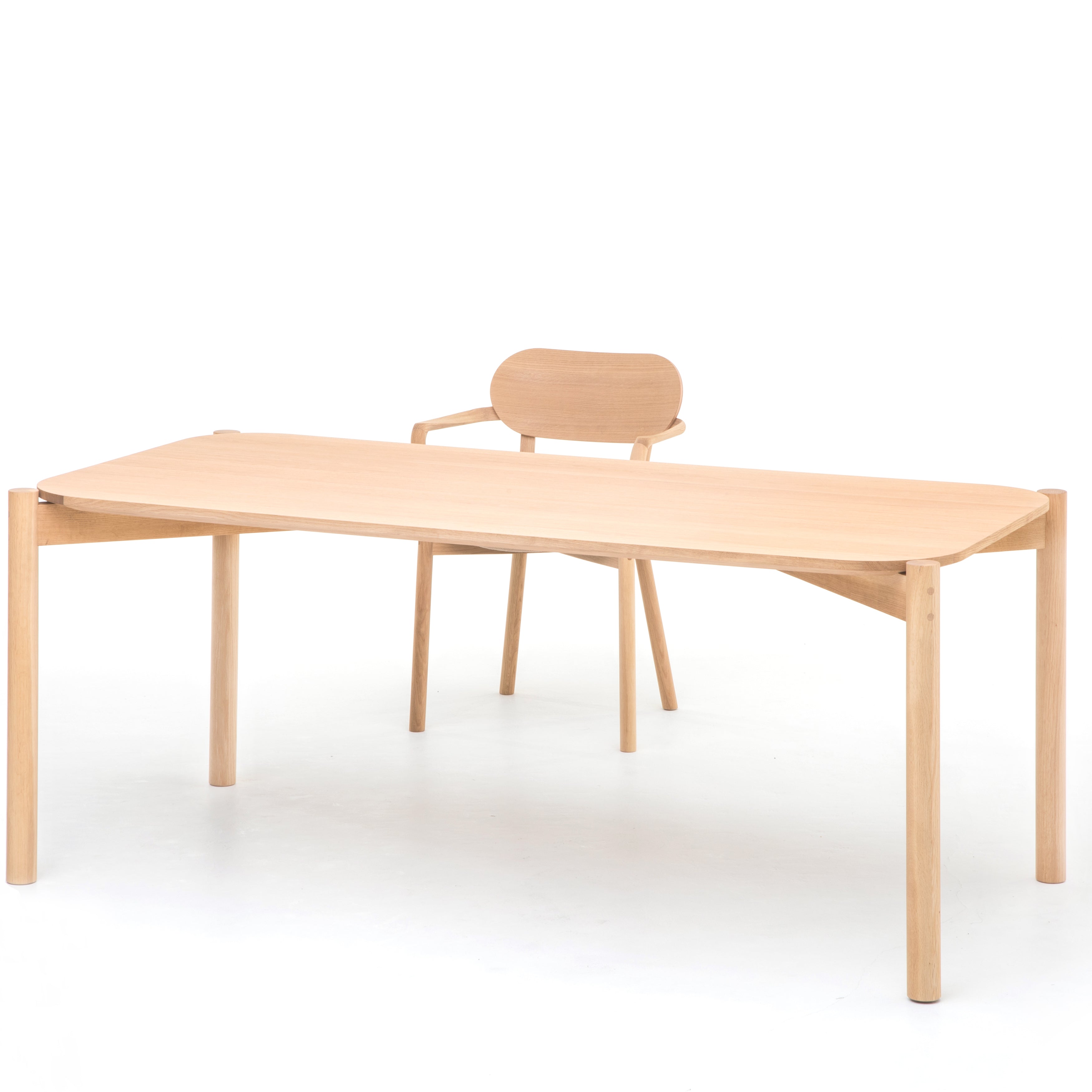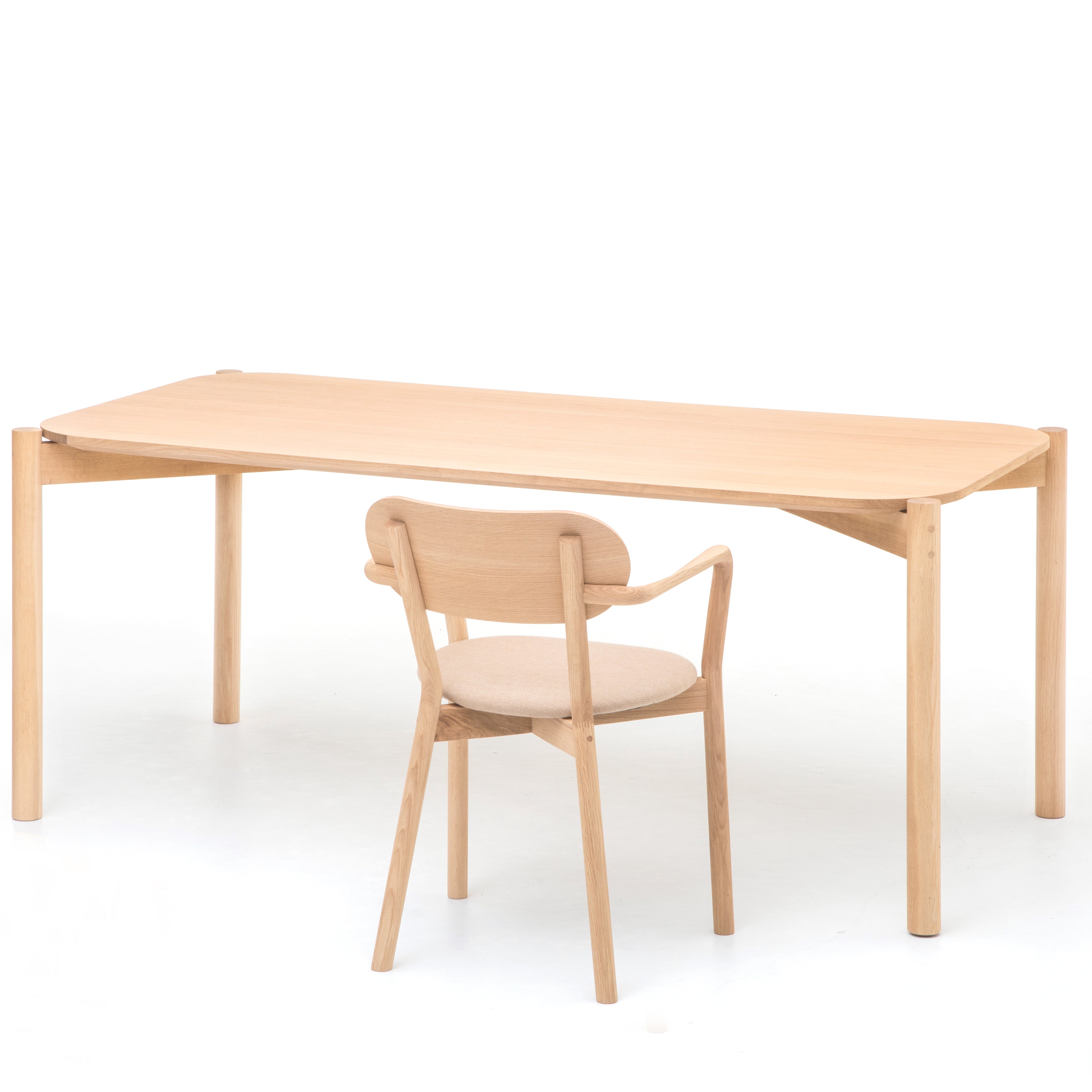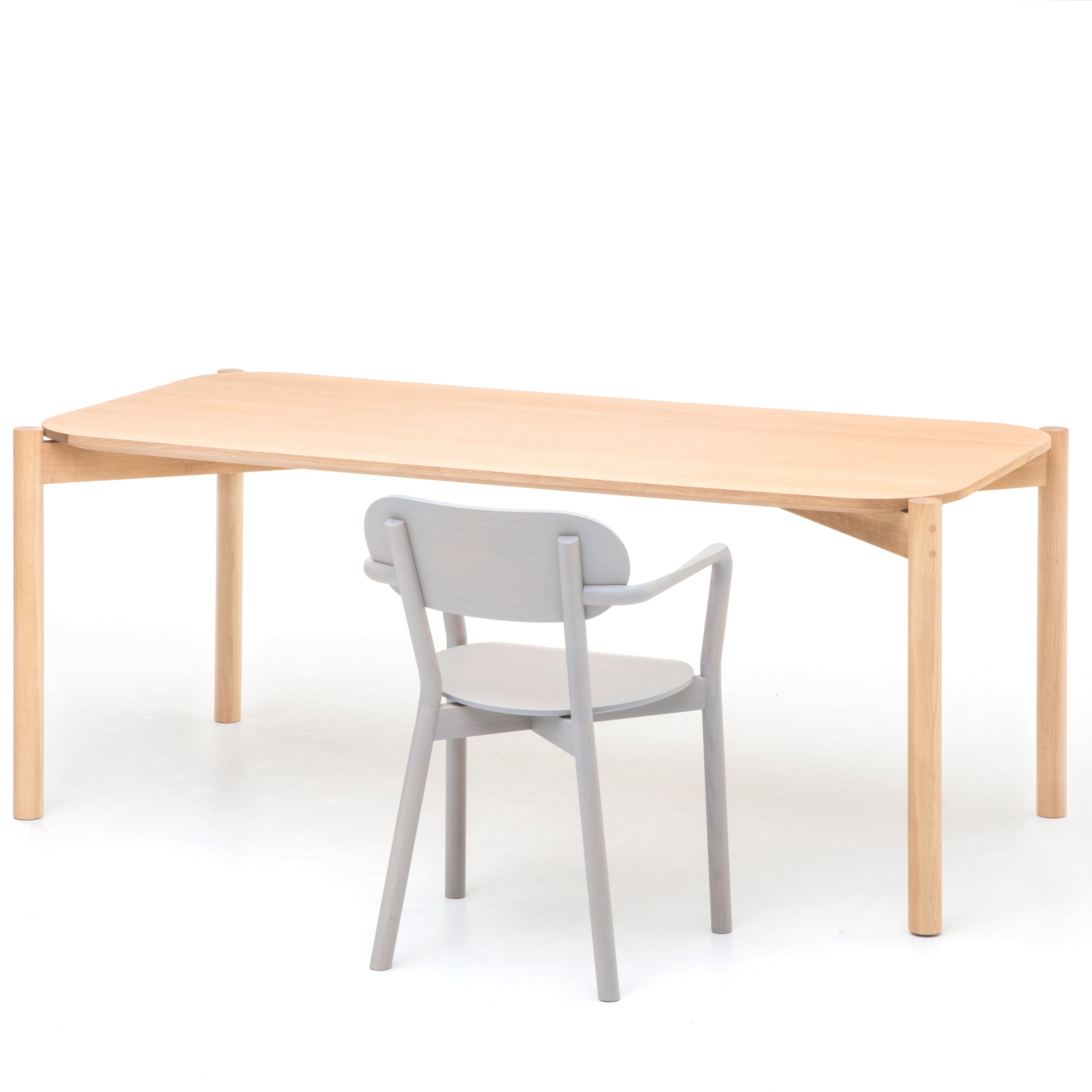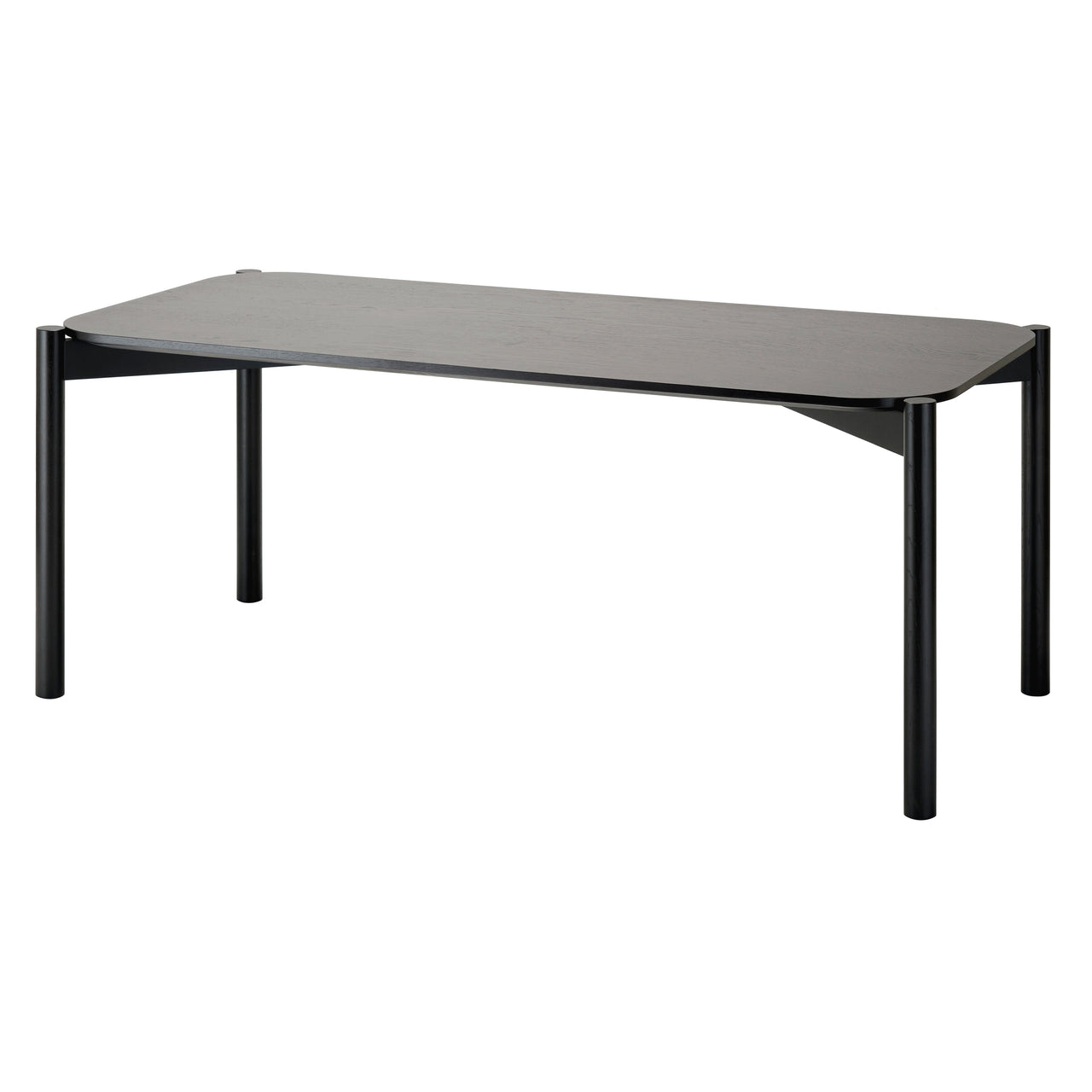


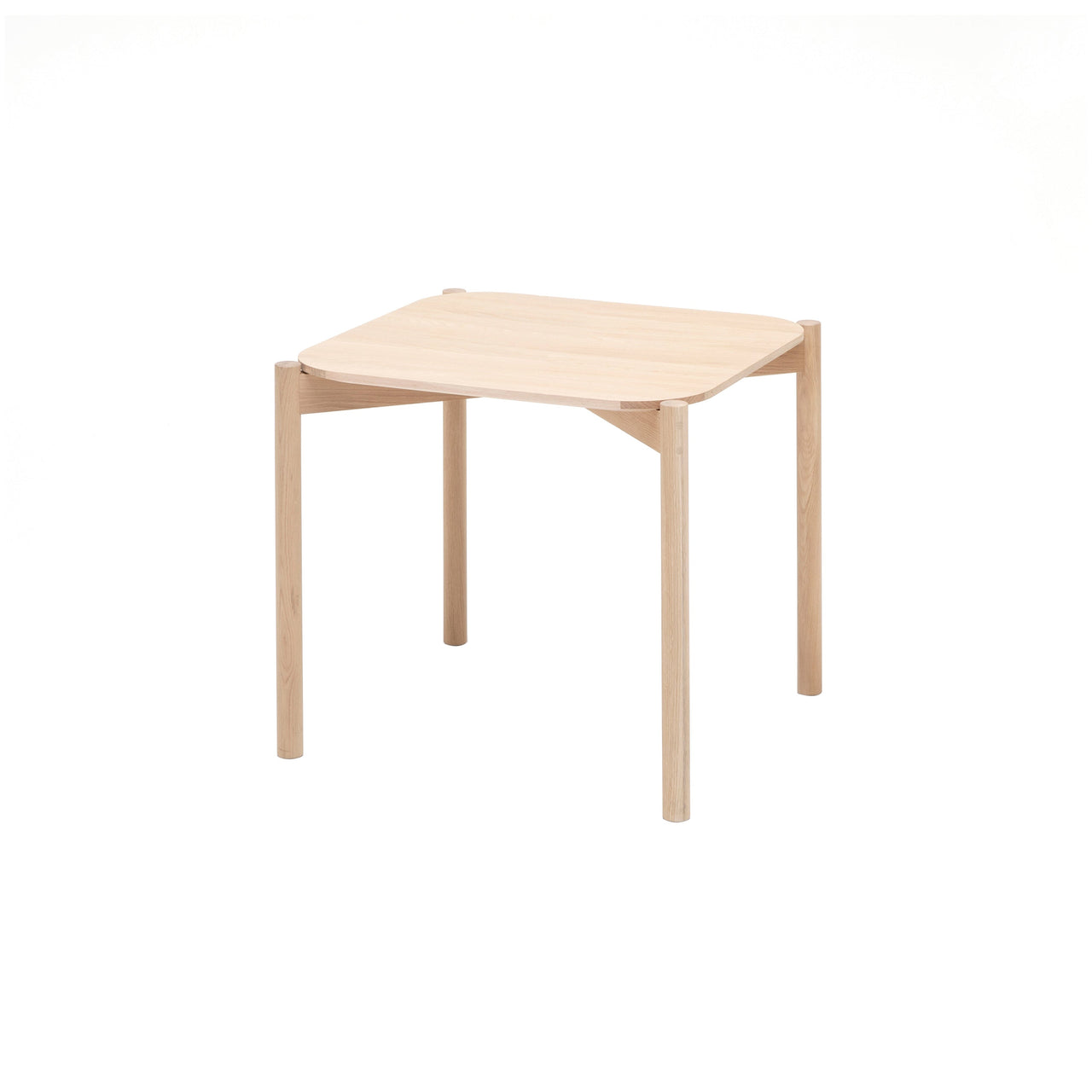



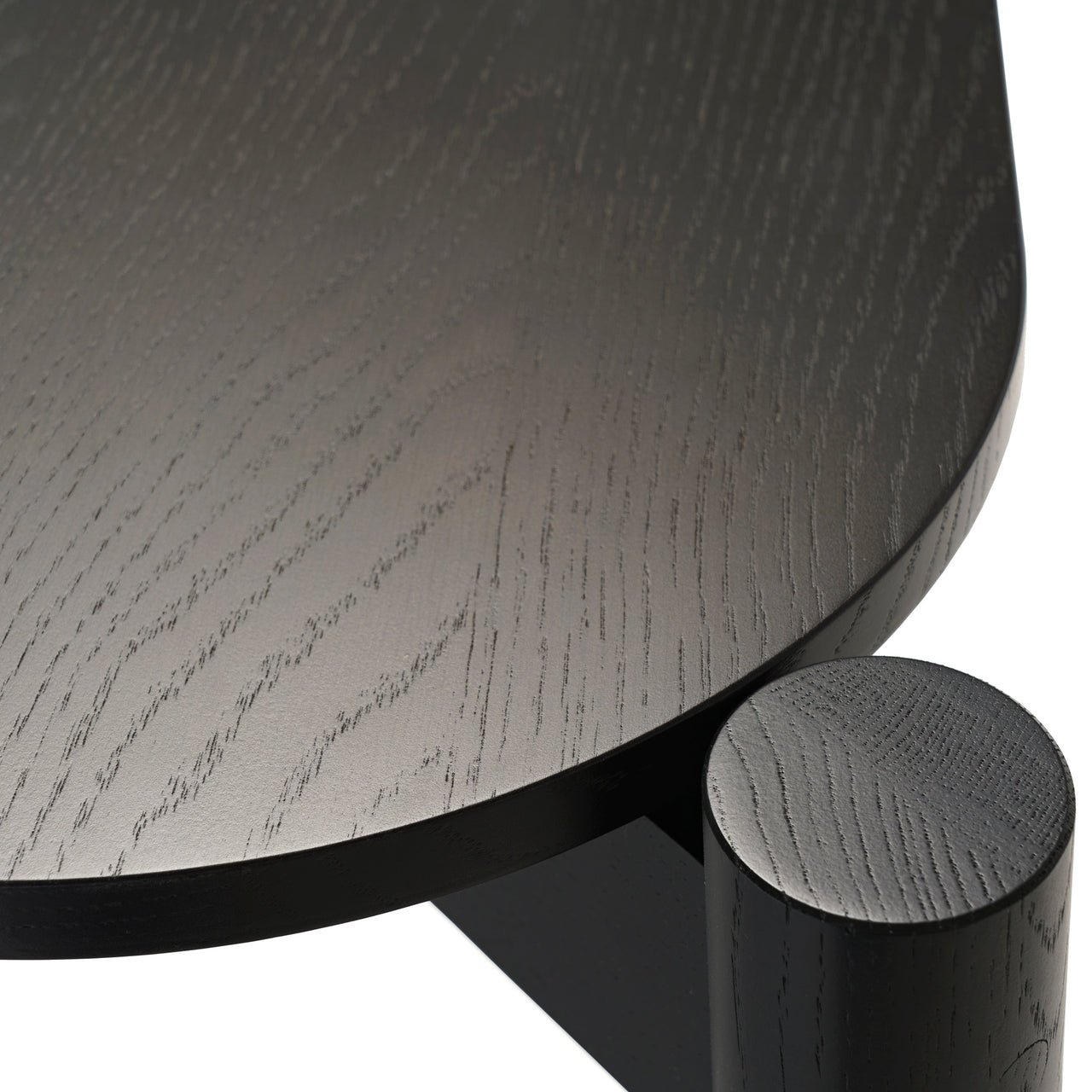



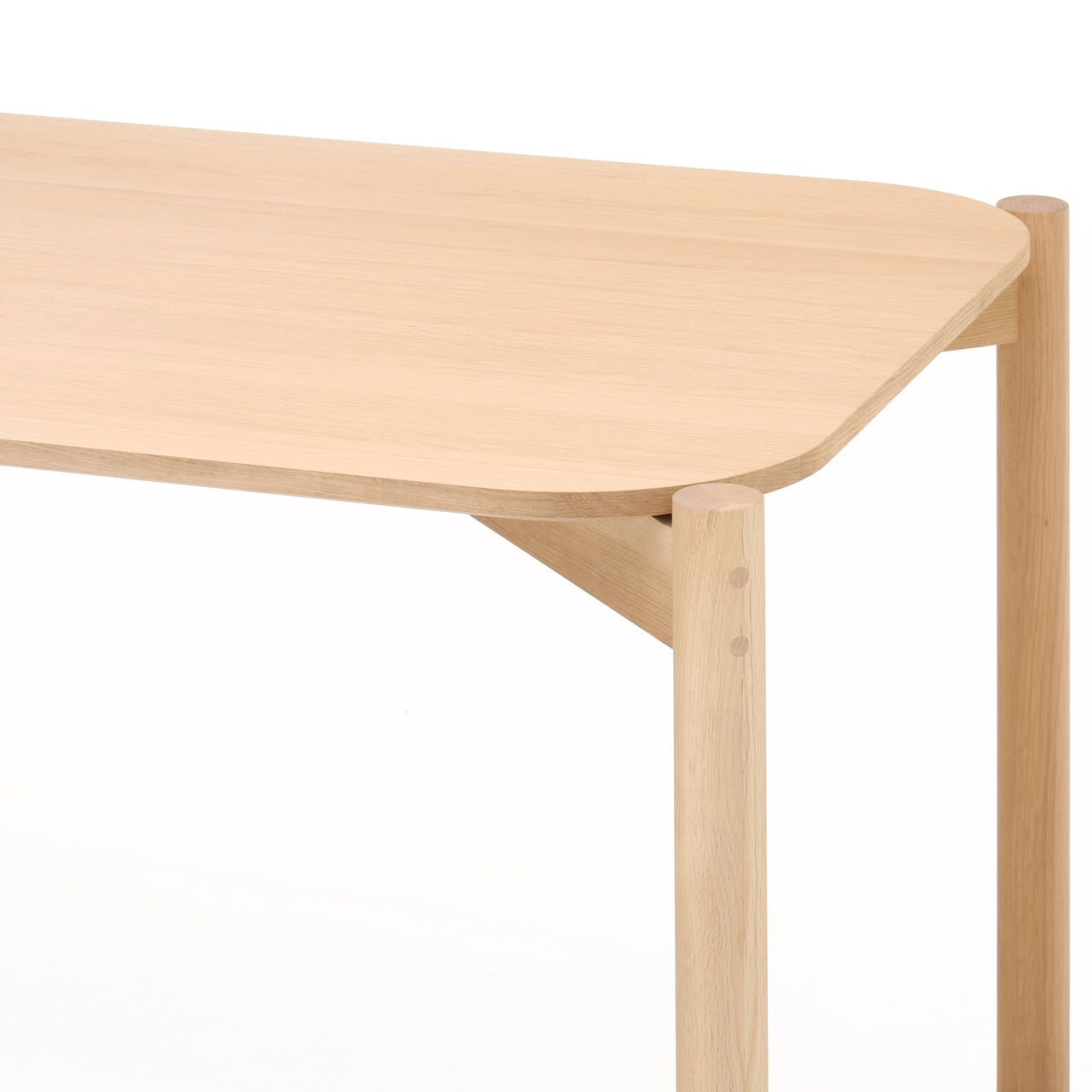
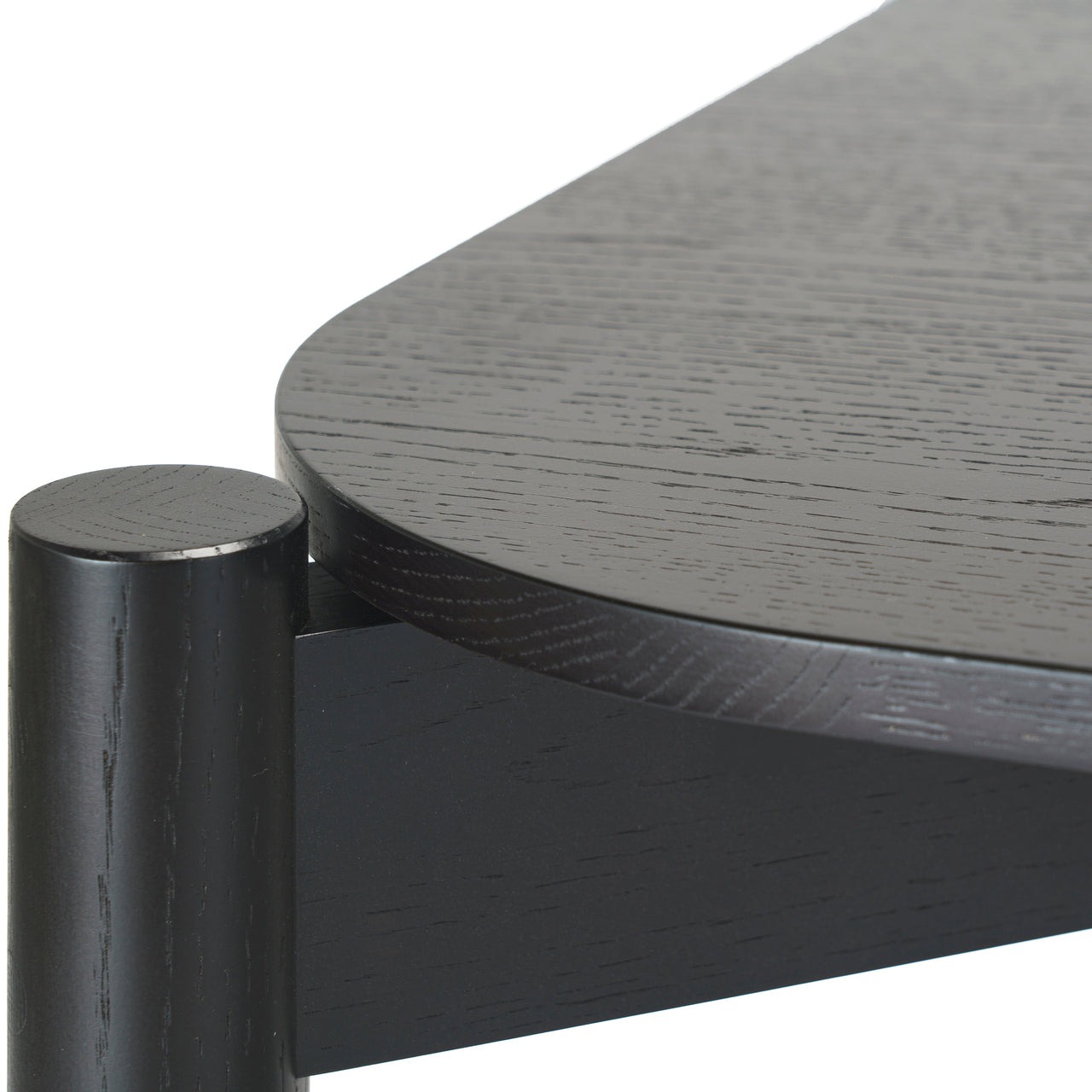
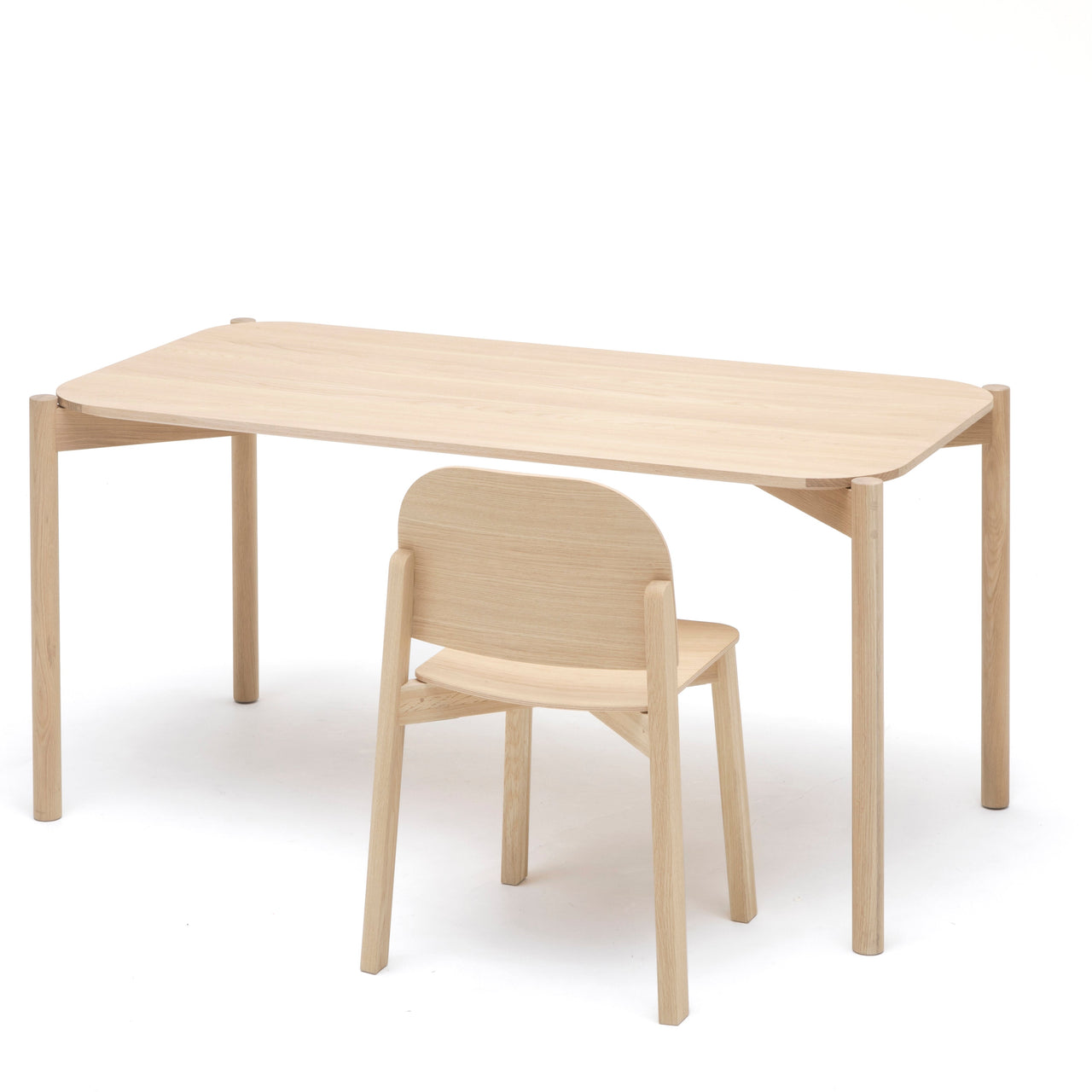

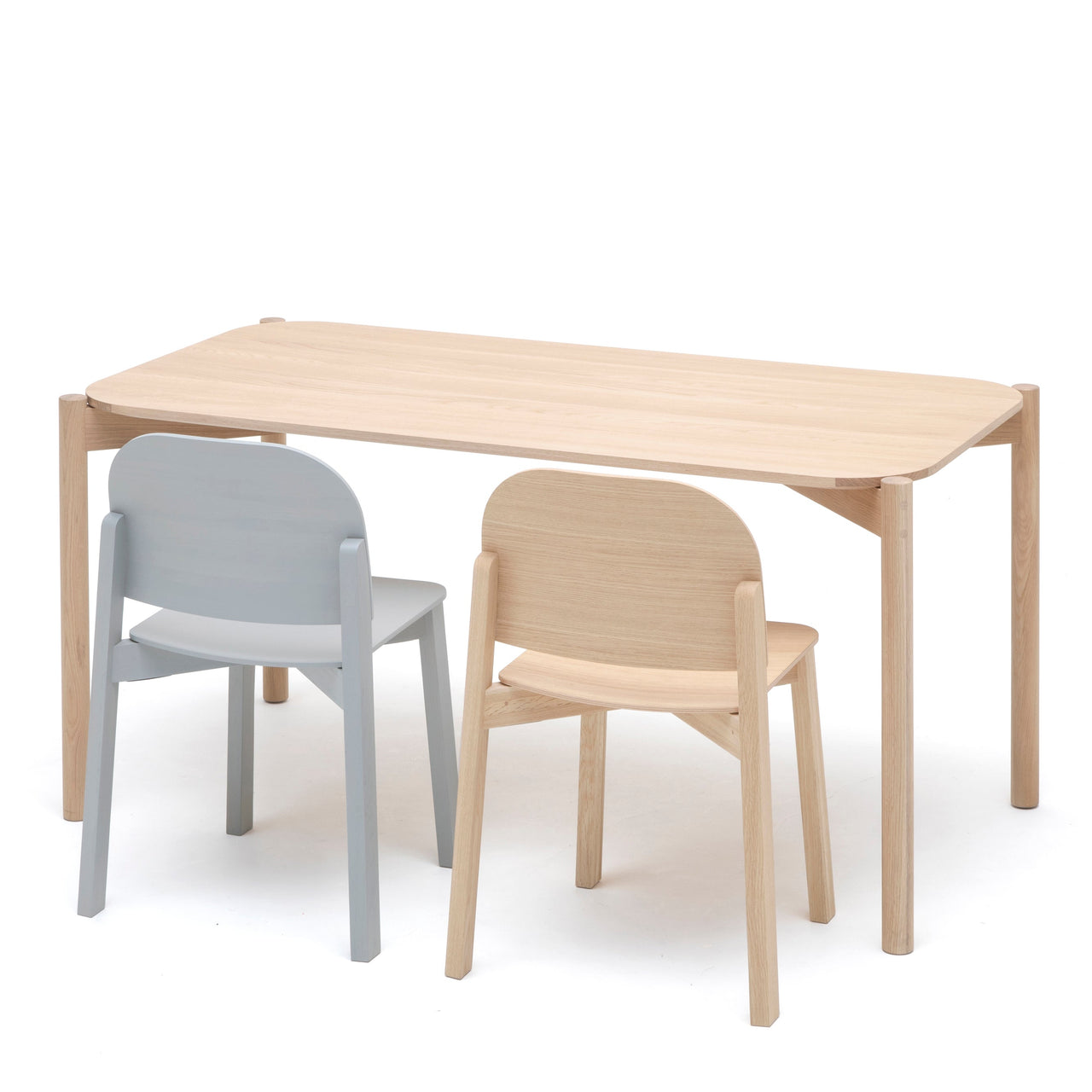
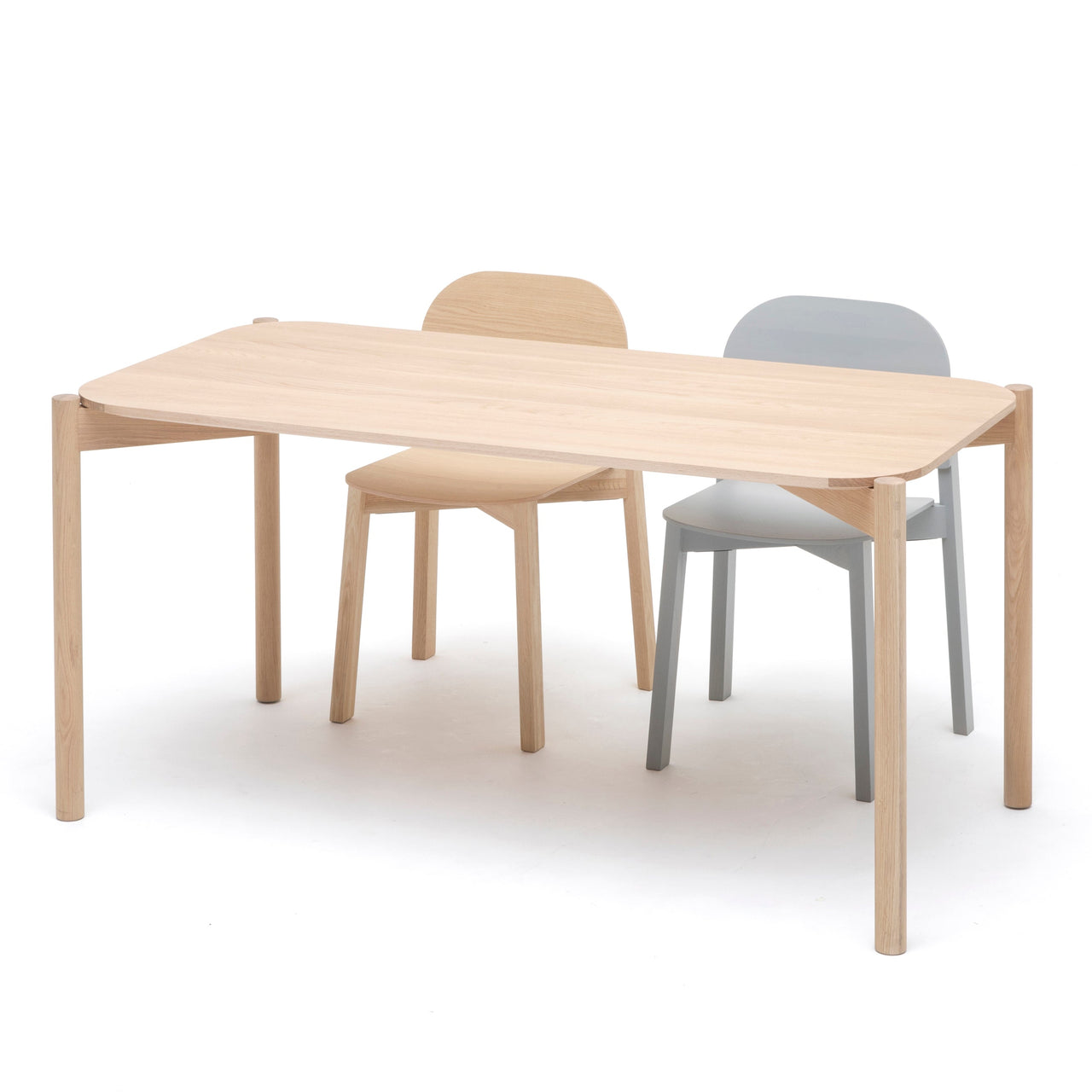
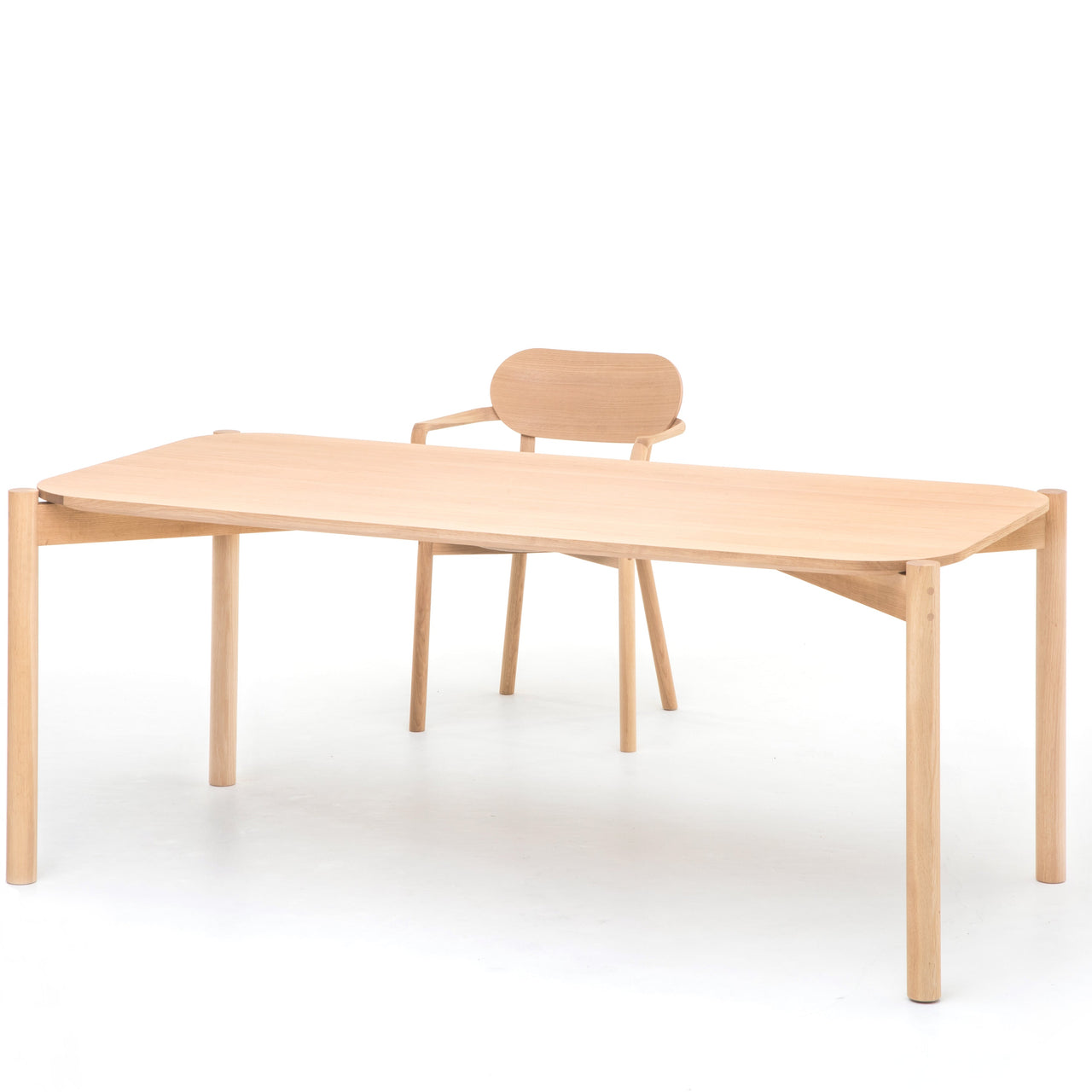

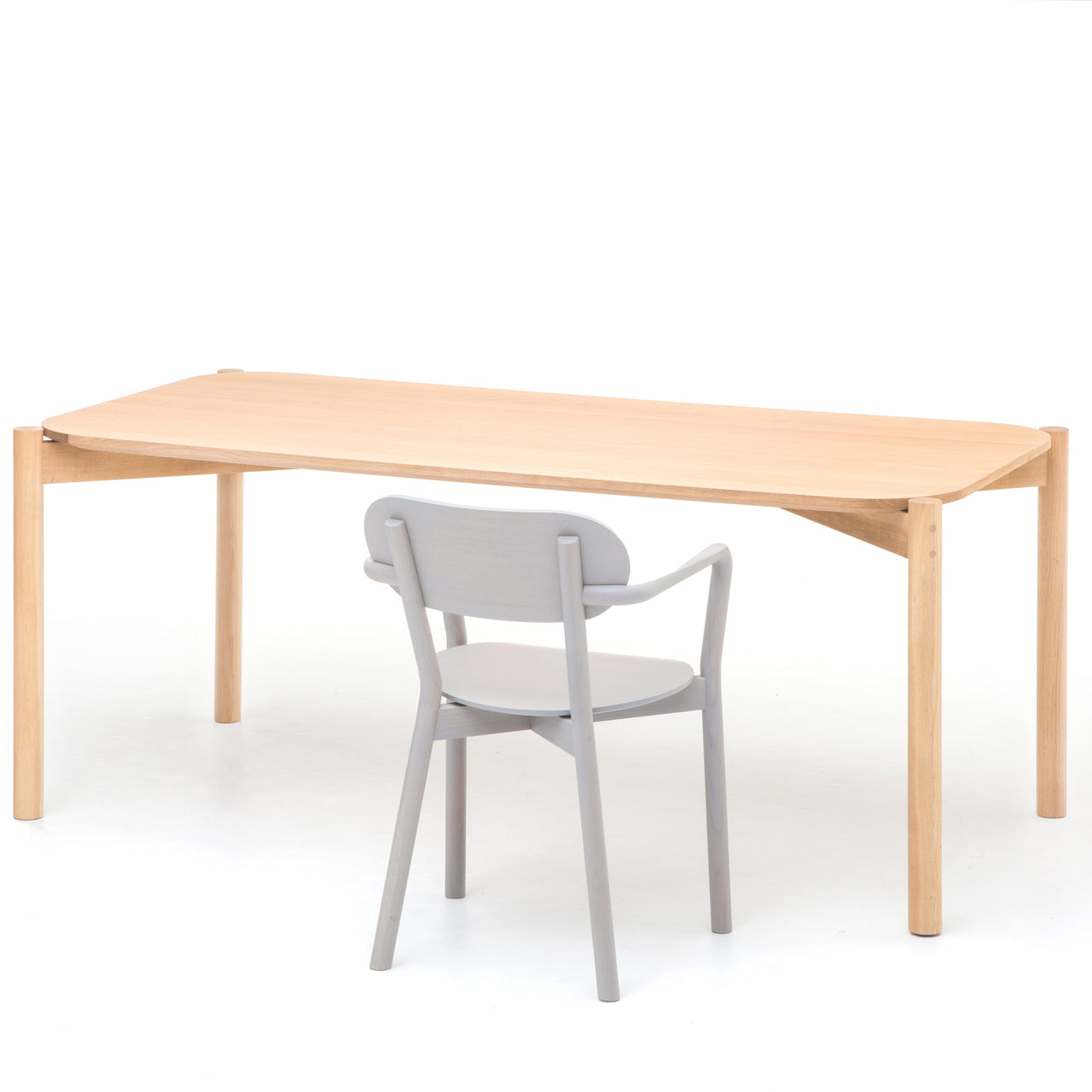



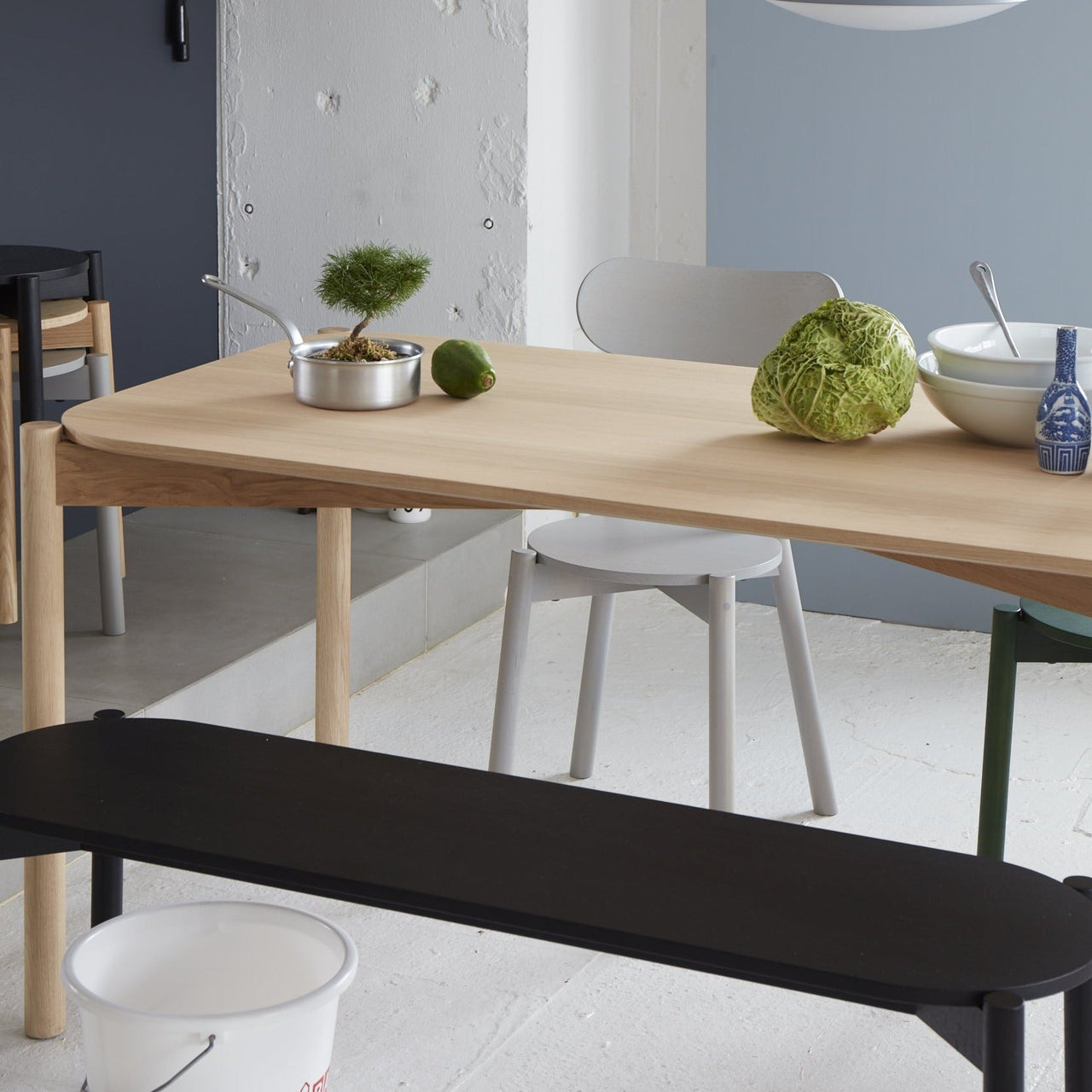
Karimoku New Standard × Big-Game
Castor Dining Table
$1,395
–
$2,275
$1,395
–
$2,275
$1,395
–
$2,275
$1,395
–
$2,275
$1,395
–
$2,275
$1,395
–
$2,275
$1,395
SKU: KNS-D343EFME
$1,395
SKU: KNS-D343EFMB
$1,705
SKU: KNS-D343KFME
$1,705
SKU: KNS-D343KFMB
$2,275
SKU: KNS-D343MFME
$2,275
SKU: KNS-D343MFMB
Description
After a standout chair, stool and bench, it seems only fitting that Karimoku New Standard has added the impressive Castor Table to the series. At its essence, the collection revels in a marked simplicity with a design scheme of slender supporting legs inset in each piece. The table comes in two sizes, the rectangle a doubling of the square-and can be combined to any desired configuration with the legs flush, framing the inset rounded-edge tabletop. Light and compact, there is no extraneous detail to detract from the superb Japanese oak. By Swiss design firm Big-Game, one of Karimoku New Standard's prime collaborative partners in their newly-minted quest to engage exciting new international talent as well as to promote responsible craftsmanship with their ongoing efforts to preserve and revitalize Japanese hardwood forests at home.
Specifications
Size
- Small: 29.1" h x 29.5" w x 29.5" d (74x75x75cm)
- Medium: 29.1" h x 59.1" w x 29.5" d (74x150x75cm)
- Large: 29.1" h x 70.9" w x 33.5" d (74x180x85cm)
Material
Oak
Brand
Karimoku New Standard
It has always been about the wood. Shohei Kato opened a small woodworking shop in 1940 from a longstanding timber firm he acquired in Kariya. The first letters of the town name combined with “moku,” as in “mokuzai” ( “wood”) provided the brand name. Furniture followed within 2 decades, along with several brands under the Karimoku umbrella. Then in 2009, with his grandson Hiroshi Kato as vice president, the Karimoku New Standard branch launched to develop works with international designers in the modern design arena.
The star roster includes Swedish studio TAF, the Swiss team Big-Game and Dutch duo Scholten & Baijings. Among them is David Glaettli, who also serves as KNS brand creative director and dubbed its credo as “high-tech and high-touch.” The highly skilled Japanese carpentry and hand-applied painting that are a part of the parent company heritage are integral to KNS. It also looks forward, revitalizing native forests by targeting undervalued, sustainably grown hardwoods. Advanced technologies have elevated the low-diameter chestnut, maple and oak trees, once turned into wood chips for paper pulp, into something of lasting beauty. The aim, notes Hiroshi, is “furniture that will be used and loved for more than 100 years.”
